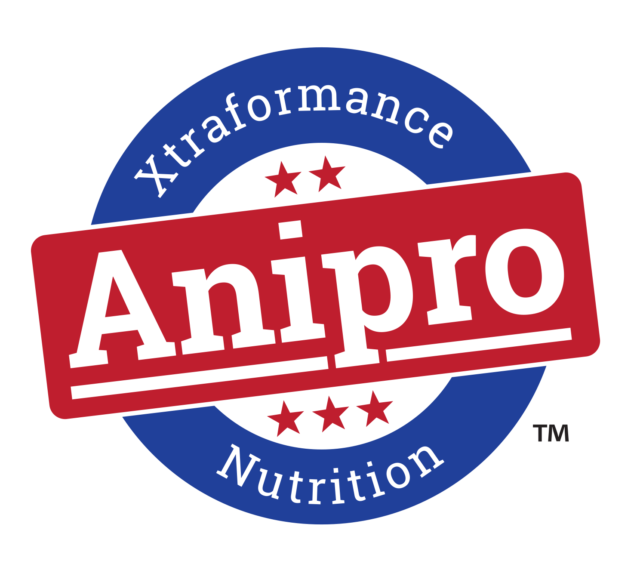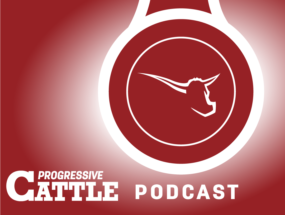The Dietary Guidelines Advisory Committee (DGAC) on Thursday submitted its report for suggested recommendations for the 2015 Dietary Guidelines for Americans. As feared by beef industry officials for several weeks, the report made the endorsement to reduce red meat intake, both as a way to improve diet and to preserve natural resources and topple climate change.
“The overall body of evidence examined by the 2015 DGAC identifies that a healthy dietary pattern is higher in vegetables, fruits, whole grains, low- or non-fat dairy, seafood, legumes and nuts; moderate in alcohol (among adults); lower in red and processed meat; and low in sugar-sweetened foods and drinks and refined grains,” the report’s executive summary reads.
The DGAC, which is an appointed panel of 14 doctors, nutritionists and public health experts, met for two years to draft its recommendations. The report is non-binding and advisory to Health and Human Service and USDA secretaries, as they draft the official 2015 guidelines.
The report builds several references to studies and research on diets, eating habits, exercise patterns and lengthy examinations into which nutrients and food groups are lacking in American meals. It states, “With moderate to strong evidence, higher intake of red and processed meats was identified as detrimental compared to lower intake.”
The estimated percentage of Americans at or above the recommended amount of meat, poultry and eggs consumption was typically far higher than what they were consuming in recommended amounts for vegetables.
As part of a new initiative from previous guidelines, the 2015 report makes a case for resource sustainability – and beef in particular is targeted as a culprit for food production’s major carbon footprint.
“Moderate to strong evidence demonstrates that healthy dietary patterns that are higher in plant-based foods, such as vegetables, fruits, whole grains, legumes, nuts and seeds, and lower in calories and animal-based foods are associated with more favorable environmental outcomes (lower greenhouse gas emissions and more favorable land, water and energy use) than are current U.S. dietary patterns.”
Food systems in Europe that have embraced plant-based food production over animal-based systems were applauded in the report for their “focus on decreasing meat consumption, choosing seafood from non-threatened stocks, eating more plants and plant-based products, reducing energy intake and reducing waste.”
The entire report can be read at the Office of Disease Prevention and Health Promotion website.
Lobbyist groups are preparing to counter the DGAC’s report during the comment period. The National Cattlemen’s Beef Association (NCBA) and the North American Meat Institute, along with politicians from beef- and pork-producing states, criticized the report for several contradictions in its findings, including endorsing Mediterranean-style diets that utilize lean meats.
“The protein foods category, which includes meat, is the only category currently consumed within the current guidelines, and it is misleading to conclude that a healthy dietary pattern should be lower in red meat,” says Dr. Shalene McNeill, a registered dietitian and nutrition scientist for NCBA.
The Texas Southwest Cattle Raisers Association (TSCRA) and Texas Cattle Feeders Association (TCFA) assailed the report as “flawed.”
“Including beef in meals and practicing a balanced diet is a healthy option for Americans,” said TSCRA President Pete Bonds in a statement. “The federal government should be promoting all nutritious food sources in their recommendations – not just the ones they feel like fit their political agenda.”
Dr. Jennifer Leheska, a registered dietician and nutritionist, in a statement for the TCFA, said the report sends unsound advice that will be confusing to Americans.
“I fear these recommendations will lead to an additional increase in refined carbohydrates in the American diet, which is an unrecognized culprit to the obesity epidemic,” Leheska said. “When my clients comply with my dietary recommendations to drastically reduce carbohydrates and increase lean animal protein and vegetables, they lose weight and improve all facets of their health issues.”
The comment period is open to the public through May 8, 2015. To read material on the guidelines, or submit a comment or read others, go to the 2015 Dietary Guidelines page of the Office of Disease Prevention and Health Promotion website. ![]()








